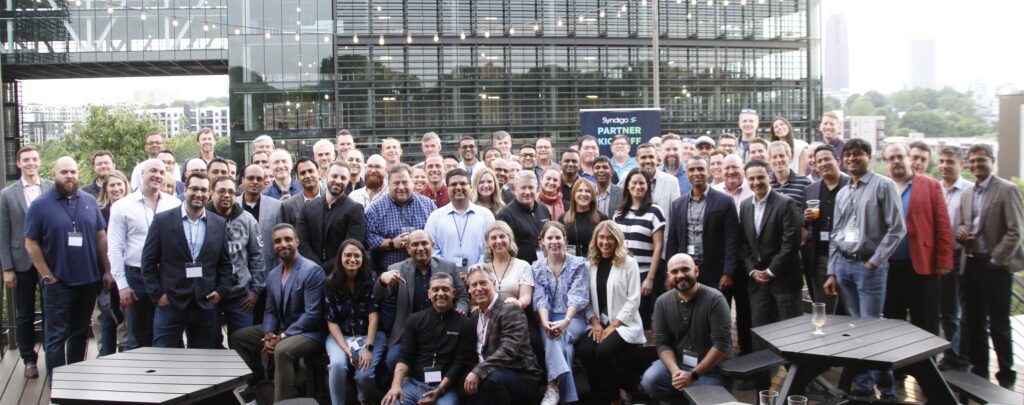by Nikhil Bhatia, SVP, Product
In today’s real-time economy, staying competitive means keeping up with the latest trends, and keeping close to your partner networks. Three key trends that are shaping the future of business are Digital Commerce, Value & ROI, and Customer Experience. Our recent partner summit helped us to explore these trends in more detail and discuss how businesses can leverage them to achieve success.

Digital Commerce is no longer a new trend; it has become a mainstay for businesses. To stay competitive, businesses must focus on innovative ways to connect with customers. Live Commerce Connections allow businesses to interact with customers in real-time, creating a more personalized shopping experience. Social Commerce capabilities provide a way for businesses to engage with customers through social media platforms, allowing them to build relationships and increase brand awareness. Another emerging trend is ESG (Environmental, Social, and Governance), which is gaining momentum as consumers become more conscious about the impact of their purchases on the environment and society. Sustainability content as a service can help businesses communicate their ESG values to customers.
Value & ROI is another critical trend. Customers expect instant gratification, and businesses expect vendors and solution providers to codify their experience and expertise into their solutions for faster onboarding. To make better decisions and demonstrate the value of their solutions, businesses need access to analytics and ROI metrics at the source.
Customer Experience is at the forefront of every business strategy today. Improving the end customer experience is essential for businesses to stay competitive. Better data can help businesses understand customer needs and preferences, allowing them to tailor their offerings to meet those needs. Personalization is another way businesses can improve the customer experience. By creating personalized experiences for each shopper, businesses can increase engagement and loyalty.
AI and related technologies are seen as a means to achieve efficiency and automation. AI can automate processes, generate new content with generative capabilities, improve accuracy, and reduce costs. However, human verification remains a critical element when adopting AI. Businesses must ensure that their AI solutions are accurate and reliable, and they must be able to explain how their AI systems work.
Embracing Digital Commerce, Value & ROI, and Customer Experience are key trends that businesses must adopt to stay competitive. By leveraging these trends and adopting AI and related technologies, businesses can improve efficiency, personalize customer experiences, and demonstrate their commitment to ESG values. However, businesses must be careful when adopting AI, ensuring that human verification remains a critical element.










